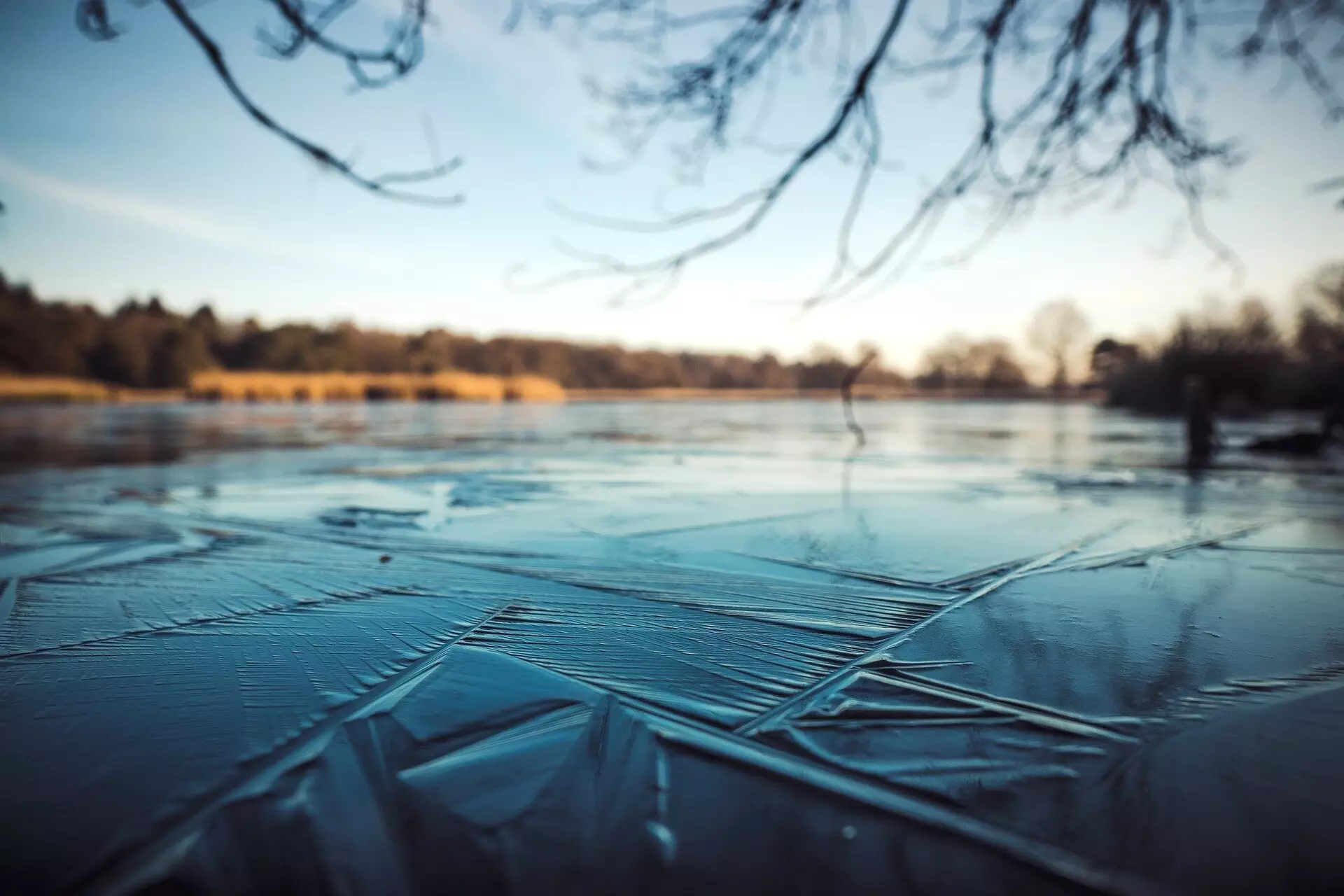Climate change is arguably one of the most pressing issues facing the planet today, with its far-reaching implications extending even to our freshwater lakes. A recent review led by Stephanie Hampton, a prominent freshwater ecologist at Carnegie Science, sheds light on a troubling trend: the duration of ice cover on freshwater lakes is decreasing dramatically. This shift, observed over the past quarter-century, has significant repercussions for human safety, the health of aquatic ecosystems, and the global nutrient cycles that sustain life on Earth.
The review conducted by scientists from the U.S., Canada, and Sweden reveals a disconcerting trend: many lakes that historically froze every winter are now experiencing ice-free years with increasing regularity. Over the last 165 years, the average duration of ice cover on lakes has shrunk by approximately 31 days. This reduction in ice duration can be attributed to rising global temperatures, which have resulted in earlier thawing and later freezing, threatening not only aquatic life but also the communities that rely on these lakes for drinking water, transportation, and cultural practices.
Hampton emphasizes the human dimension of this issue, stating that over a billion people live near these vulnerable ecosystems. As lakes become less reliable due to altered ice patterns, the implications extend to recreational activities, fisheries, and even roadways traditionally depended upon during freeze-thaw cycles.
The ecological impact of shrinking ice cover cannot be overstated. Changes in temperature and ice duration have been shown to disrupt lake biogeochemistry, which can lead to harmful effects on water quality. For instance, warmer water conditions can trigger toxic cyanobacterial blooms, which pose serious risks to aquatic life and human health alike. These blooms can decrease oxygen levels and release previously sequestered metals from lake sediment, further complicating water quality issues.
Moreover, the loss of ice cover alters the delicate balance of lake ecosystems, opening the door for invasive species that thrive in warmer temperatures while jeopardizing cold-water fish populations. The alteration of species composition can have ripple effects throughout entire food webs, potentially leading to a decrease in biodiversity and the stability of lake ecosystems.
The interconnectedness of ecosystems and human societies becomes more evident when considering how lake dynamics influence global carbon cycles. Ice cover has been essential in enabling lakes to sequester carbon, acting as a buffer against atmospheric carbon dioxide levels. Warming temperatures, however, are likely to reverse this capacity, releasing significant quantities of greenhouse gases such as methane and nitrous oxide into the atmosphere.
Furthermore, ice loss can augment evaporation rates, which diminishes freshwater availability for surrounding communities while potentially increasing susceptibility to extreme weather events. Not only does this jeopardize water resources, but it can also heighten erosion risks, further destabilizing local environments.
The findings of Hampton and her colleagues underline a pressing need for dedicated research centered around wintertime lake ecology—an area that has historically been neglected due to logistical challenges. Conducting studies during the winter months poses unique challenges for researchers; however, it is crucial for developing comprehensive strategies to mitigate the impacts of climate change on these vital ecosystems.
At the forefront of this emerging field, Hampton is advocating for innovative research protocols that prioritize safety while expanding our understanding of temperate and high-elevation lakes during winter operational phases. Early in 2024, she hosted a “winter school” aimed at training up-and-coming researchers on the practical aspects of safely sampling iced-over lakes, highlighting the importance of investing in future studies in this crucial area.
The implications of diminished ice cover on freshwater lakes extend far beyond strictly ecological considerations. By jeopardizing water quality, altering species dynamics, and impacting local communities, these changes underscore the profound interconnectedness of human societies and natural ecosystems. Hampton’s review is a clarion call for immediate action, urging the scientific community to prioritize wintertime lake research in order to devise strategies for mitigation and adaptation.
Without a deeper understanding of how changes in ice dynamics affect both human populations and the environment, it will be increasingly challenging to navigate the complexities of life in a warming world. Only through comprehensive research can we hope to safeguard the vital freshwater resources that countless communities depend upon, ensuring ecological balance for generations to come.

